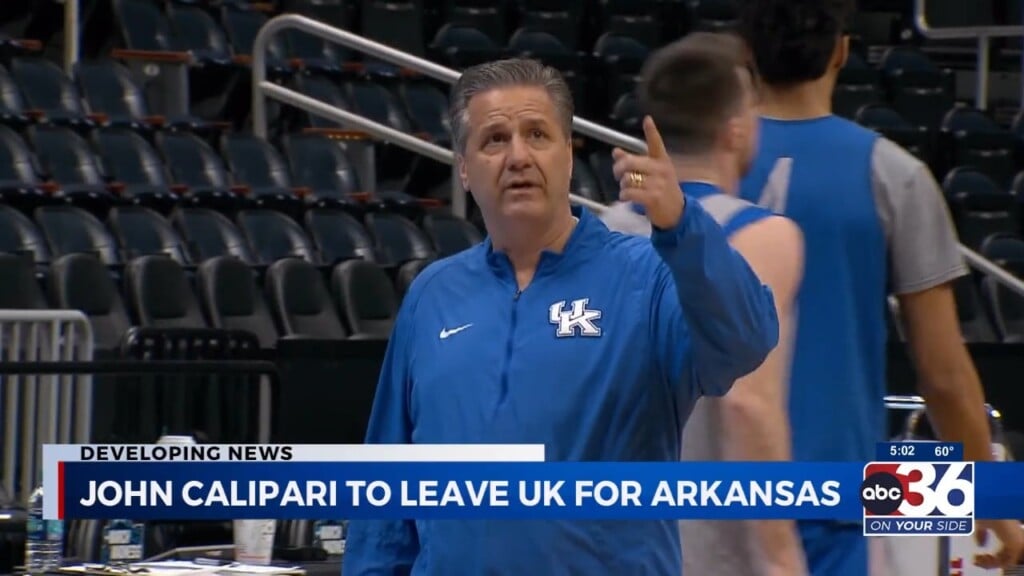Germany: Merkel's partners give coalition 'realistic chance'
One of the new leaders of Germany’s junior governing party says it is giving Chancellor Angela Merkel’s coalition a “realistic chance” of survival
Germany’s junior governing party is giving Chancellor Angela Merkel’s coalition a “realistic chance” of survival, one of its designated new leaders said Friday as they pledged a clear left-leaning course and called for new concessions.
A congress of the Social Democratic Party was set to formally endorse a membership ballot’s choice of a left-leaning duo, Saskia Esken and Norbert Walter-Borjans, as co-leaders.
In the ballot, whose results were announced last weekend, members rejected a rival team of Vice Chancellor Olaf Scholz and Klara Geywitz that clearly favored staying in Merkel’s coalition and was backed by the party establishment.
The party congress formally ends a six-month leadership hiatus for the struggling center-left party after former leader Andrea Nahles quit following a dismal performance in European Parliament elections. But the three-day party meeting may not end questions about its future course.
Esken and Walter-Borjans have been more skeptical then their defeated rivals about staying in the “grand coalition” of what were traditionally Germany’s biggest parties, but also stopped short of demanding an immediate departure halfway through the parliamentary term.
Merkel’s center-right Union bloc has made clear that it isn’t prepared to embark on a full renegotiation of the accord underpinning the coalition, which took office last year after the Social Democrats reluctantly agreed to enter the chancellor’s fourth-term government.
A motion drawn up by the incoming leadership for the congress calls for talks with the Union aimed at raising the national minimum wage, increasing public investment and raising the price of carbon dioxide in a recently agreed package of climate measures. But it avoids a clear position on the coalition’s future, and that doesn’t go far enough for some left-wingers.
“It is formulated in such a way that we can negotiate with the Union, with all respect and on a fair level, about the question of the ‘grand coalition’ continuing,” Esken said in a speech to delegates.
“I was and I am skeptical as far as the future of this ‘grand coalition’ is concerned. I haven’t changed my mind,” she added. “But with this motion, we are giving the coalition a realistic chance of continuing — no more but also no less.”
However long the coalition lasts, Esken pledged to implement “steadfast Social Democratic politics” in it.
Walter-Borjans underlined his skepticism about the Merkel government’s policy of keeping the German budget balanced, a policy known as the “black zero” that Scholz — who is finance minister as well as vice chancellor — has helped implement.
“If the black zero stands against a better future for our children, then it is wrong — then it must go,” Walter-Borjans said. That also goes for the “debt brake,” a rule that limits new borrowing, he added.
“We are in this coalition and we are in a democracy, and we must be prepared to make compromises,” he said. “But they must be justifiable and they must not obscure what we stand for.”
Polls currently show support for the Social Democrats at 13 or 14%. That compares with their already poor showing of 20.5% in the 2017 election; support for Merkel’s Union bloc is about twice as high and the Social Democrats also have fallen behind the Greens, traditionally smaller rivals on the left.
Merkel has said that this will be her final term. The next election is currently due in the fall of 2021 but there have long been questions over whether the coalition will last until then.




Leave a Reply